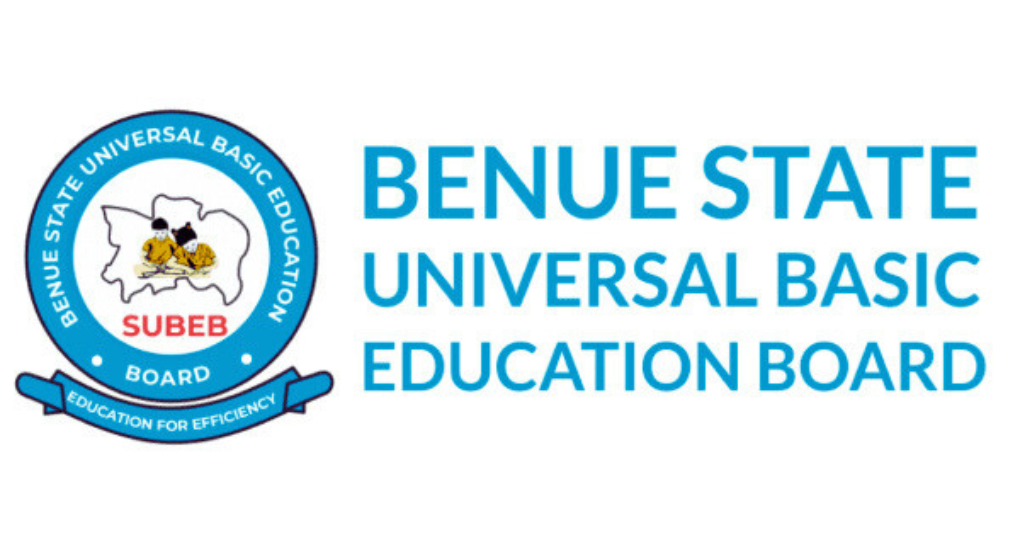Over five million Nigerian students are set to benefit from a nationwide life skills education programme designed to combat drug abuse, improve academic performance, and promote healthy lifestyles.
A trainer with the United Nations Office on Drugs and Crime (UNODC) and staff of the Federal Ministry of Education, Jude Ikenye, disclosed this in an interview with journalists at a training for Kaduna State teachers sponsored by the MTN Foundation.
He said the initiative, which began in 2018, has already trained hundreds of teachers and reached thousands of students across several states.
According to him, Kebbi State was the first to adopt the programme, training 159 teachers from 69 public schools in 2018. He added that in 2021, Kebbi State trained another 88 teachers from 57 schools, noting that the state remains a key sponsor of the project.
“The programme gained further momentum through a partnership with MTN and UNODC, expanding to Oyo, Rivers, Kano, Imo, Delta, Bayelsa States, and the Federal Capital Territory.
“In each of these states, 30 teachers from 10 schools were trained. Bayelsa State recorded higher numbers with 136 teachers from 63 schools benefiting from state-supported training, “Ikenye said.
He said Kaduna State was the first to implement the model and has so far trained the highest number of teachers.
Ikenye said: “Two data sets indicate that 2,414 and 1,639 students have directly benefited but the broader target is ambitious, reaching students across Nigeria’s 228,000 secondary schools, including over 110,000 public institutions.
“The goal is to equip young people with practical life skills to help them avoid drugs, stay focused in school, and make better choices.”
He explained that the curriculum includes listening, communication, decision-making, and peer resistance techniques.
“These are everyday life skills. They empower students to say no to harmful influences without confrontation and even influence others positively, “the UNODC trainer said.
He added that the UNODC sees the initiative as a critical intervention to shape a healthier, more resilient generation of Nigerians.
Also speaking in an interview, another UNODC official, Elizabeth Atuman, said the programme is a student-based drug prevention initiative for children aged 10 to 15.
She noted that drug abuse is now affecting many younger children.
Atuman said: “We’ve seen cases of 12 and 13-year-olds using dangerous mixtures. Some incidents nearly led to death.
“Teachers alone can’t do it. Parents must guide their children. Some children copy what they see at home.”
She called on parents to be more involved in their children’s lives to guide them against substance abuse.
Share this post





Be the first to comment on this post